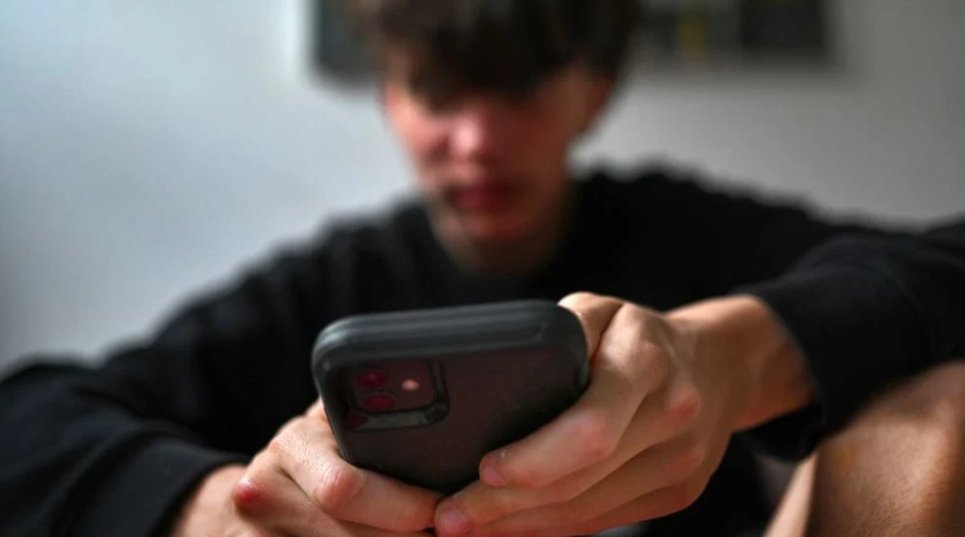Australia has passed a groundbreaking law banning children under 16 from accessing social media platforms like Instagram, Facebook, and TikTok, following a passionate and divisive debate. This move positions Australia as the first country in the world to impose such a ban, setting a new global precedent for regulating social media usage among minors.
The law mandates that social media giants, including Meta (Instagram, Facebook), TikTok, and others, prevent minors from logging into their platforms. Companies that fail to comply will face fines of up to A$49.5 million (USD 32 million). A trial of enforcement methods will begin in January, with the full ban scheduled to take effect in one year.
This “Social Media Minimum Age” bill has sparked international attention, as governments worldwide consider similar measures due to growing concerns about the mental health impact of social media on young people. While some countries, such as France and parts of the United States, have introduced age restrictions, Australia’s law is the most stringent, with no exceptions for minors.
The bill passed after intense debate during Australia’s parliamentary year-end session, marking a significant victory for Prime Minister Anthony Albanese, who faces an election in 2025 amid declining approval ratings. Public opinion largely supported the law, with 77% of Australians in favor, according to recent polls. However, the law also encountered opposition from privacy groups and some child rights organizations, who expressed concern over its potential to infringe on personal freedoms and privacy.
The push for this law gained momentum following emotional testimonies from parents of children who had self-harmed due to cyberbullying. Domestic media, led by Rupert Murdoch’s News Corp, rallied behind the cause with campaigns like “Let Them Be Kids,” which aimed to protect young Australians from harmful online content.

Despite widespread support in Australia, the law has drawn criticism from some quarters. Youth advocacy groups warned that the ban could isolate vulnerable groups, including LGBTQIA+ and migrant teens, from essential online support networks. The Australian Human Rights Commission also voiced concerns about potential human rights violations, arguing that the law could limit young people’s participation in the digital world.
Privacy advocates cautioned that the law might lead to increased surveillance and the collection of personal data from minors, though a last-minute amendment requires platforms to provide an alternative to uploading identification documents.
While some social media companies, including Meta, TikTok, and X, have not yet commented on the new legislation, the law is expected to strain Australia’s relationship with major tech giants, particularly in the United States. The U.S. tech community, including figures like Elon Musk, has expressed concern that the law could be a step toward broader internet control.
The law’s passage comes as Australia continues to challenge Big Tech’s influence, having previously been the first country to demand that social media platforms pay royalties to media outlets for shared content. The new regulations are seen as part of an ongoing effort to combat online harms, such as scams, and hold platforms accountable for their role in shaping public discourse.
As the world watches closely, Australia’s decision to ban social media for children under 16 could serve as a template for other nations grappling with similar challenges related to youth mental health and online safety.



